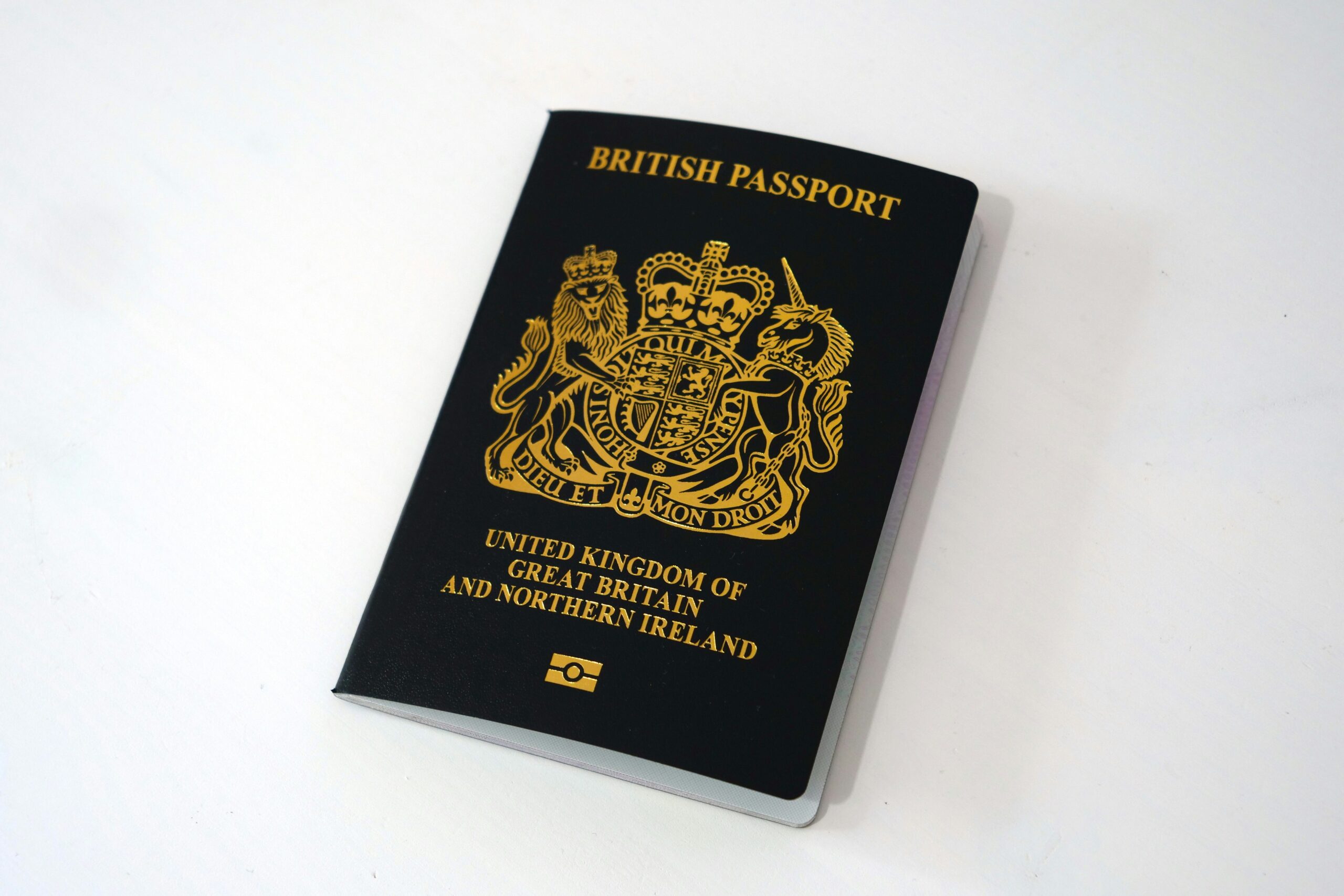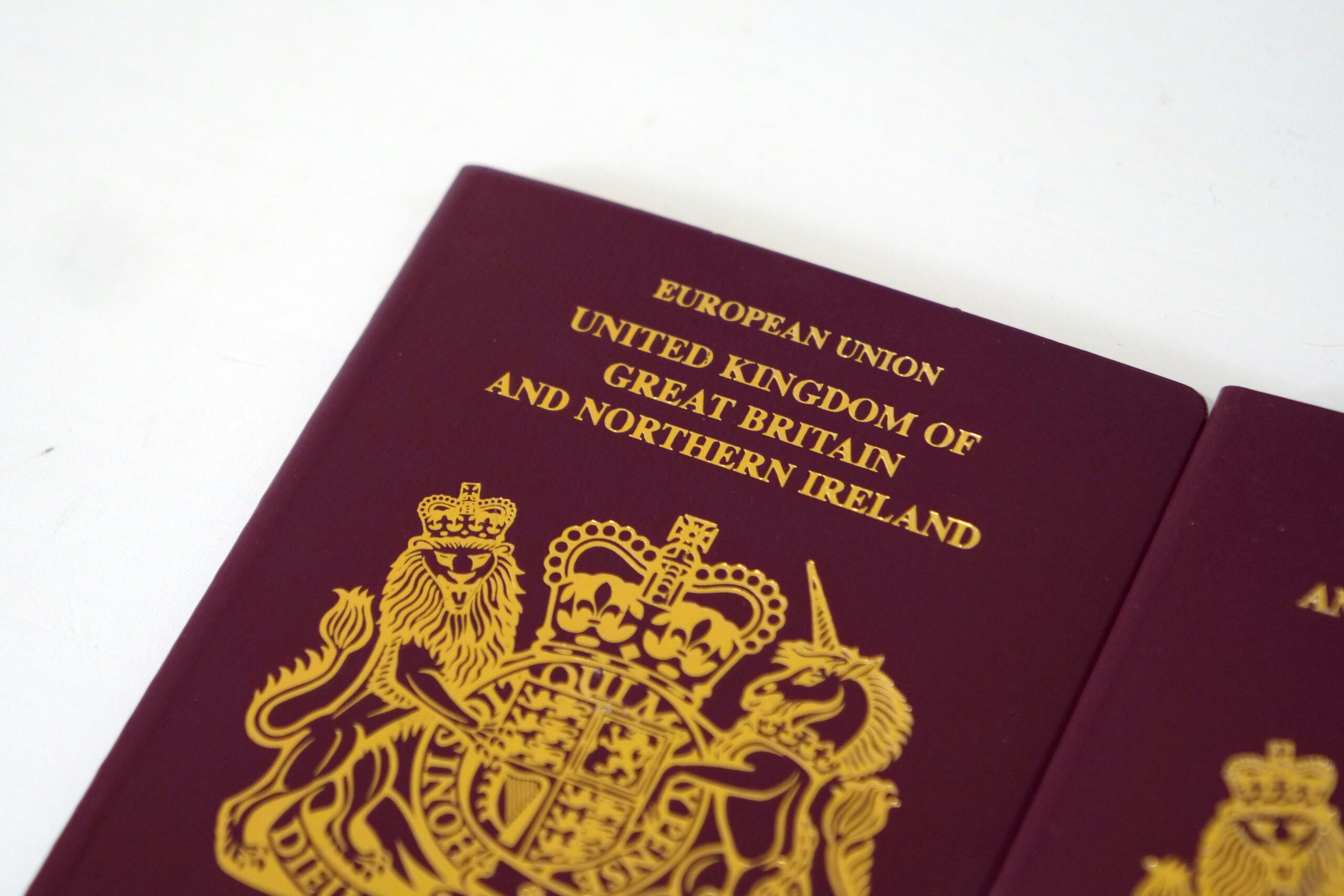eVisas: Revolution or Catastrophe?
eVisas are at the forefront of the Home Office’s transition to a new online immigration system, which will replace Biometric Residence Permits (BRP) as part of an initiative to create an entirely digital by default immigration and border system.
The government assert that eVisa’s are a key part of delivering a border and immigration system which is more digital and streamlined, however, several issues also arise with the new technology. This article, written by the Immigration Team at Richard Nelson LLP, with contributions from Rita Kotecha, examines the issues with such an implementation.
If you’re interested in a particular section, use the links below to navigate straight to it:
-
- What is an eVisa?
- Why is the Home Office transitioning from physical visa documents to eVisas?
- How do you use an eVisa?
- How does the eVisa transition impact the ability to travel?
- The benefits of eVisas
- The downsides of eVisas
- What is the impact of eVisas on employers?
- Final thoughts
- How we can help
Need help with the transition to eVisas or navigating the process? Contact our team today for expert guidance.
What is an eVisa?
The Home Office has introduced the new online eVisa scheme, which is an online record of an individual’s immigration status and conditions of permission to enter or stay in the UK.
It will replace existing documents that act as proof of your status, including:
- biometric residence permits (BRP)
- biometric residence cards (BRC)
- endorsements in your passports, such as stamps
- stickers in your passport, such as entry clearance.
From 1 January 2025, you will need an eVisa to prove your immigration status. The documents above will no longer be accepted.
Why is the Home Office transitioning from physical visa documents to eVisas?
This process launched in April of this year, after following other countries that currently use a very similar scheme. It is part of the Home Office’s move to a digital by default immigration and border system by 2025. The Home Office has stated that this approach “will make the border more secure, ensuring firm control over who comes here to live, work and study”.
In theory, it seems like a viable option, considering we are entering a more technologically savvy world, with access to the internet and increasing uses of AI.
How do you use an eVisa?
To use an eVisa, BRP holders must first create a UKVI account on the government website to access it. Individuals may already have a UKVI account if they have:
- Applied to the EU Settlement Scheme.
- Applied for a visa using the UK Immigration: ID Check app (which means they were not required to attend a visa centre to prove their identity for their application).
- Created an account when applying for a visa (confirmation of this would have been received via a UKVI account confirmation email).
If a UKVI account already exists, or once registration is complete, users can then use UK Visas & Immigration’s (UKVI) View and Prove service to share their status with employers, landlords, banks, universities, and other organisations as needed.
The eVisa is then linked to the holder’s passport, allowing Border Force officers to view UK visa details upon entry. Airlines and other carriers can also confirm an eVisa directly with UKVI through passport details provided at check-in.
For those without a UKVI account, an email will be sent from UKVI this year with instructions on how to create an account and obtain an eVisa.
How does the eVisa transition impact the ability to travel?
Starting 1 January 2025, this will become the primary method for carriers to verify travel permission, removing the need for a physical visa document. Only the traveller’s registered passport will be required. Until then, holders of a BRP are advised to carry it when travelling internationally, especially if they are visa nationals.
What happens if an eVisa is not generated before the deadline?
Travellers holding a BRP, or other physical immigration document with valid leave extending beyond 31 December 2024 must transition to an eVisa before 1 January 2025.
Missing this deadline may cause difficulties when travelling or re-entering the UK and could impact the ability to prove immigration status to third parties, such as landlords, employers, and other organisations. To prevent complications, it is essential that affected individuals complete this transition before the deadline.
The benefits of eVisas
There are numerous benefits under the scheme. The eVisa is a secure online platform which means it cannot be lost, stolen or tampered with, unlike a physical document.
It will make the process quicker, meaning the individual will not have to wait for the physical documents, and using this platform will make it quicker to prove status at the UK border, as well as share the information with an employer or landlord.
The government are rolling the scheme out on a phased approach, the intention is that by 2025 most customers will have a secure and seamless digital journey when they interact with the UK’s Immigration system. However, its implementation may also cause some issues.
The downsides of eVisas
Although this scheme will not impact British Citizens who hold full British passports, it could affect individuals with dual nationality and need some clarification.
As wonderful as technology has come to be in recent years, it is still vulnerable to issues and poor communications which could affect the ease and the access of the service. The Home Office have plans to send out a general email to all holders of BRPs to ensure that they set up their own online account, however, is this enough to ensure people understand the urgency of the situation?
Many critics also fear that it could cause a new immigration scandal, with individuals being given the right to live in the UK, but not being able to prove it. This is the issue with online-only status, as they have no physical paperwork to back up their status in the UK, which could cause slow and inefficient progress at UK border control and could potentially backlog the system.
But also more broadly, because it is so central to their everyday living in the UK, it could result in them losing the home they wish to rent, being passed over for a job opportunity, and their inability to travel almost completely, whether that be to school, to return to their home or job in the UK.
What is the impact of eVisas on employers?
Employers should prepare for changes related to eVisas by ensuring that any staff holding physical immigration documents, such as BRPs, are aware of the actions they need to take before their BRP expiry date. This requirement applies broadly, not only to sponsored workers but to all employees with physical immigration documents.
As of August 2024, employees with BRPs expiring on or before 31 December 2024 must set up a UKVI account to access their eVisa before the BRP expiry date. With BRPs and BRCs no longer being issued as of 31 October 2024, employers may need to conduct new right-to-work checks for affected visa holders to stay compliant.
Additionally, all new UK visa applicants from autumn 2024 will be issued an eVisa, marking a complete transition to digital immigration status.
Final thoughts
The Home Office’s shift to eVisas is a significant step toward creating a digital-by-default immigration system, aimed at improving security and streamlining processes. However, recent reports highlight ongoing concerns with the system’s functionality.
On 2 December 2024, The Guardian revealed that Ministers are considering postponing the full rollout of eVisas, originally set for 1 January 2025. This decision comes after a series of issues, including glitches in the digital immigration system that have left many UK residents unable to access their eVisa accounts while abroad. As a result, some have struggled to demonstrate their immigration status and return to their homes in the UK.
With less than a month before the Biometric Residence Permit (BRP) is set to be phased out, addressing these challenges is critical to ensuring the transition does not disrupt the lives of visa holders or employers. The delay could provide an opportunity to resolve these issues and prevent further complications.
To support visa holders during this uncertain time, resources such as the EU Settlement Resolution Centre and the Assisted Digital Support service remain available for those who need help creating a UKVI account.
How we can help
Should you encounter any difficulties with or accessing your eVisa or have queries about the process, Richard Nelson LLP is here to assist with tailored guidance and support. Contact us today.
Please note that the information provided here is for general guidance only and should not be considered a substitute for legal advice. It is important to seek legal counsel tailored to your individual circumstances. Contact a member of the UK Visa team for more information.




